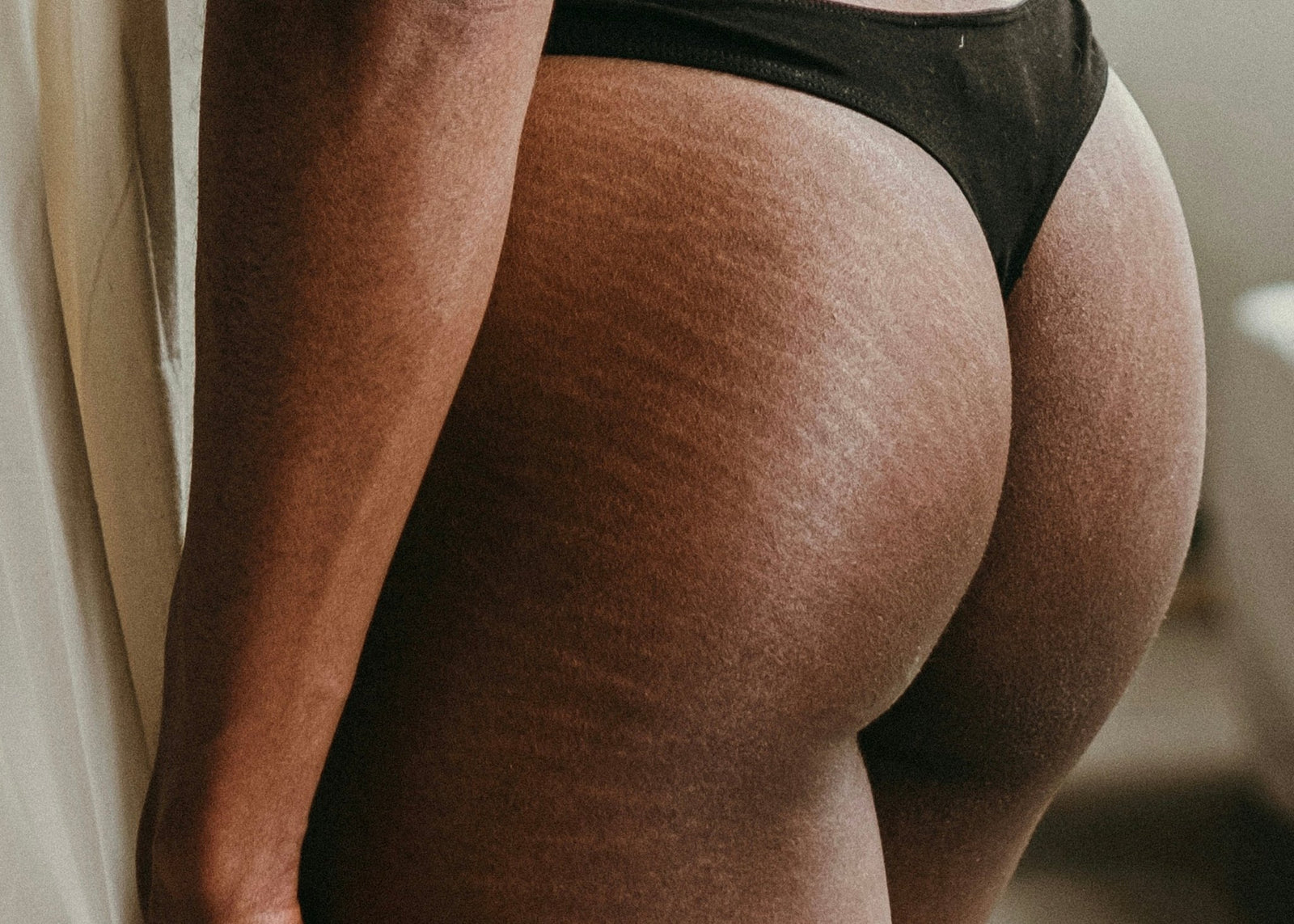
How to Shop for the Best Anti Aging Retinol
Retinol, a derivative of vitamin A, has been hailed as a skincare superstar for its proven anti-aging properties. It's known to boost collagen production, reduce fine lines, and speed up cell turnover, making it a must-have in your skincare routine. But with so many products on the market, how do you choose the best anti-aging retinol? This guide will help you navigate the sea of retinol products and make an informed choice.
Understanding Retinol and Its Benefits
Before we delve into how to shop for the best anti-aging retinol, it's important to understand what retinol is and why it's beneficial for your skin. Retinol is a type of retinoid, a class of compounds derived from vitamin A. It's less potent than prescription retinoids, making it a good option for those new to retinoids or with sensitive skin.
Retinol works by stimulating the production of new skin cells and encouraging old ones to die off. This process, known as cell turnover, helps to reduce the appearance of fine lines, wrinkles, and age spots. It also improves skin texture and tone, giving your skin a youthful glow.
Despite its benefits, retinol can be harsh on the skin, causing dryness, peeling, and sensitivity to the sun. Therefore, it's important to use it correctly and to choose a product that's right for your skin type and needs.
Choosing the Right Retinol Product
When shopping for an anti-aging retinol product, there are several factors to consider. These include the concentration of retinol, the formulation of the product, and the other ingredients it contains.
Retinol Concentration
Retinol products come in different concentrations, usually ranging from 0.01% to 1%. Beginners should start with a low concentration and gradually increase as their skin gets used to the product. If you have sensitive skin, a lower concentration may be best for you.
Keep in mind that a higher concentration doesn't necessarily mean better results. A lower concentration used consistently can yield similar results with less irritation.
Product Formulation
The formulation of the product can also affect how well the retinol works. Look for a product that's formulated to be stable, as retinol can break down when exposed to light and air. Products in opaque, air-tight packaging are usually a good bet.
Additionally, consider the texture of the product. Creams and lotions are more hydrating, making them suitable for dry or mature skin. Serums and gels, on the other hand, are lighter and may be better for oily or acne-prone skin.
Additional Ingredients
Many retinol products contain additional ingredients that can enhance the benefits of retinol or help to soothe and hydrate the skin. These can include:
- Peptides: These small proteins can boost collagen production and improve skin elasticity.
- Antioxidants: Ingredients like vitamin C and E can help to protect the skin from environmental damage.
- Hydrating ingredients: Hyaluronic acid, ceramides, and glycerin can help to counteract the drying effects of retinol.
- Natural and sustainable ingredients: These can include plant-based oils and extracts, which are not only good for your skin but also for the environment.
How to Use Retinol
Using retinol correctly is key to reaping its benefits without irritating your skin. Here's a step-by-step guide:
- Start slow: Begin by using retinol once or twice a week and gradually increase the frequency as your skin adjusts.
- Apply at night: Retinol can make your skin more sensitive to the sun, so it's best to apply it at night.
- Use sunscreen: Always wear sunscreen during the day when using retinol to protect your skin from sun damage.
- Moisturize: Apply a moisturizer after your retinol to help soothe and hydrate your skin.
Conclusion
Shopping for the best anti-aging retinol doesn't have to be a daunting task. By understanding what retinol is, how it works, and what to look for in a product, you can find a retinol that's perfect for your skin. Remember to start slow, use sunscreen, and always prioritize products with natural and sustainable ingredients. Happy shopping!














